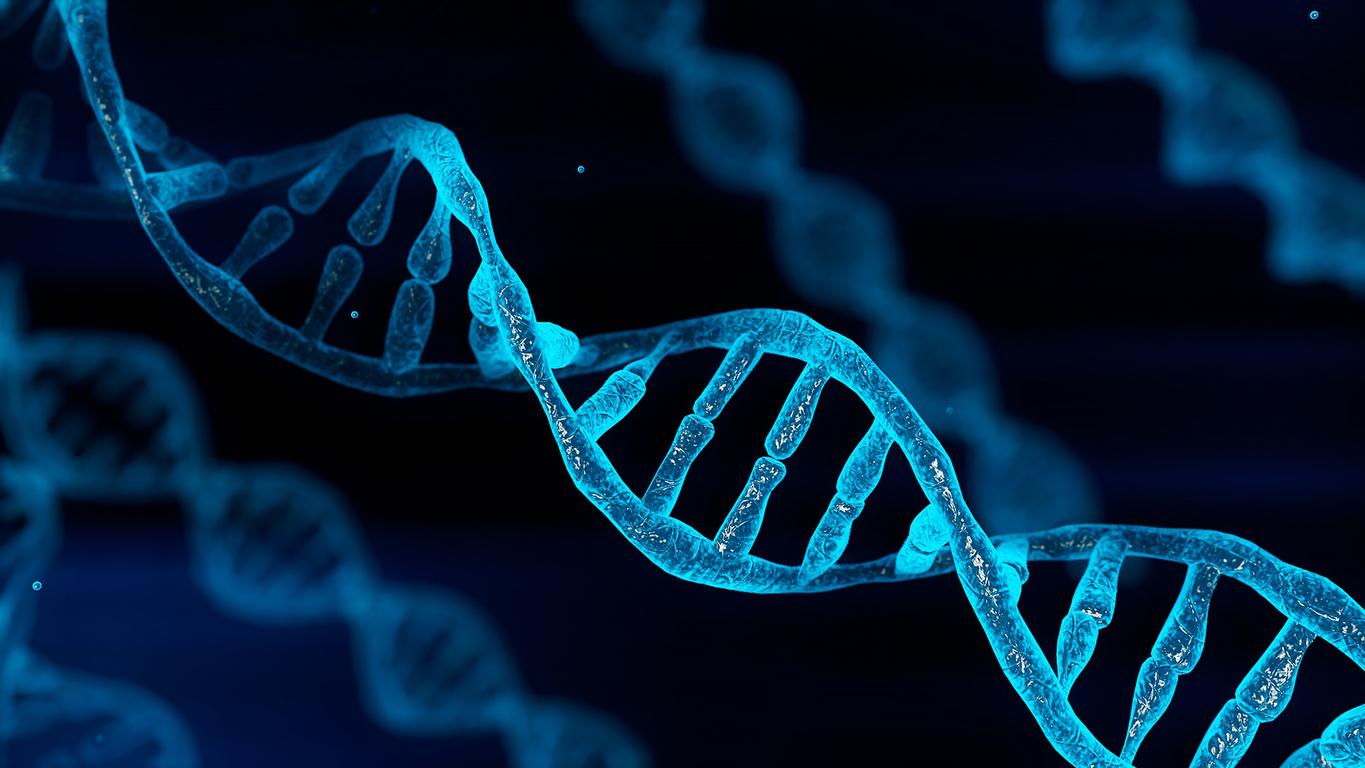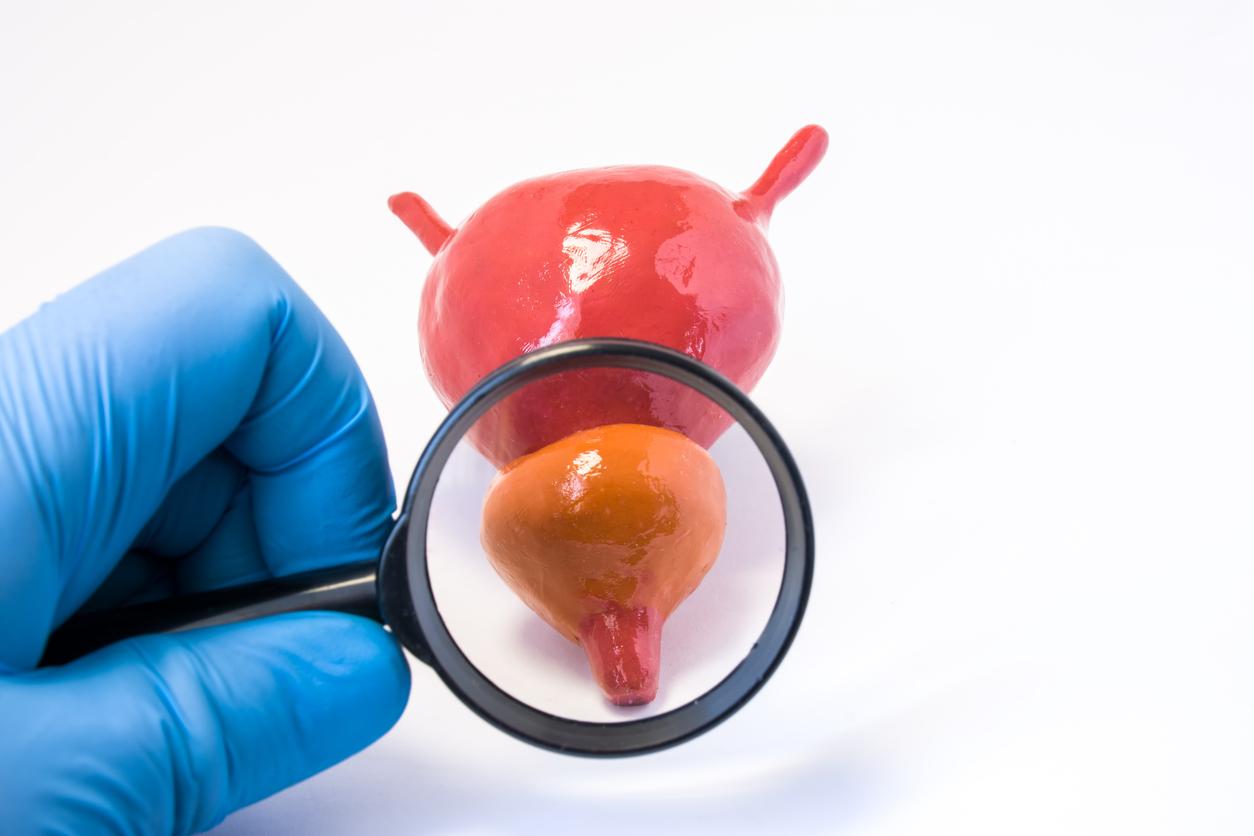Long genes are linked to aging, DNA damage and Alzheimer’s disease.

- With age, the activity of long genes decreases. This could explain aging.
- These long genes are also more vulnerable to DNA degradation.
- This phenomenon could explain the appearance of certain pathologies, including Alzheimer’s disease.
Aging is a natural and inevitable phenomenon, but how can we explain what happens to our body at this stage of life? According to a study published in Trends in Genetics, long genes are the cause of aging in the body. According to the authors of this research, a team from Northwestern University in the United States, these genes become less active over the years and are more likely to be affected by DNA damage.
Aging: gene activity changes over time
This work brings together the conclusions of four international research groups. “Gene regulation is one of the most central processes in life, and our four studies explain why the activity of long genes, in particular, changes with aging“, explains Thomas Stoeger, co-author. He emphasizes that certain phenomena accelerating aging have an impact on the activity of long genes. For example, smoking, alcohol, oxidative stress and exposure to UV are associated to a decline in their activity.
The research is based on the analysis of various scientific data from studies on humans and animals. According to the authors’ conclusions, the trigger for aging is a physical phenomenon linked to gene length, not specific genes or their function. “Long genes simply have more potential sites where DNA could be damaged.”, they indicate. These scientists compare it to a car trip: the longer the trip, the more likely something will go wrong.

Dementia: long genes, a potential explanation?
“In addition to aging, we show that the same finding occurs in patients with Alzheimer’s disease, an age-related diseaseadds Thomas Stoeger. Our results help us rethink the causes of neurodegenerative pathologies such as Alzheimer’s disease. Because genes with neuronal function are unusually long, we hypothesize that decreased activity of cells with long genes fails to produce sufficient biomaterials to properly maintain neuronal function..”
They also found that young patients with pediatric cancer experience degradation of their DNA, linked to chemotherapy, and this exposes them to a risk of premature aging including neurodegeneration. “Our discovery advances this area of research by identifying a unique phenomenon that ties together most existing knowledge about aging and makes this phenomenon measurable.”welcomes the American scientist.
















